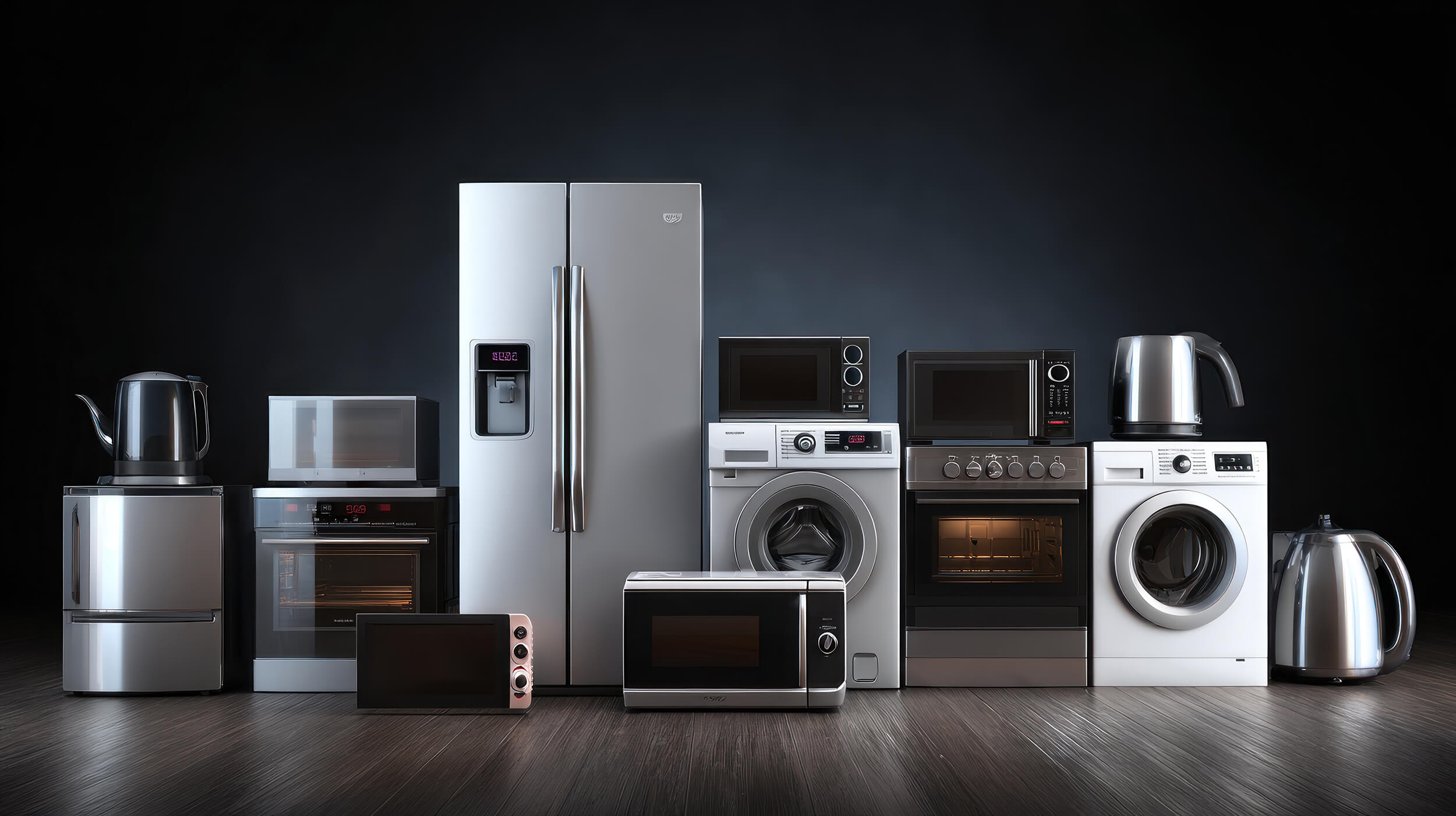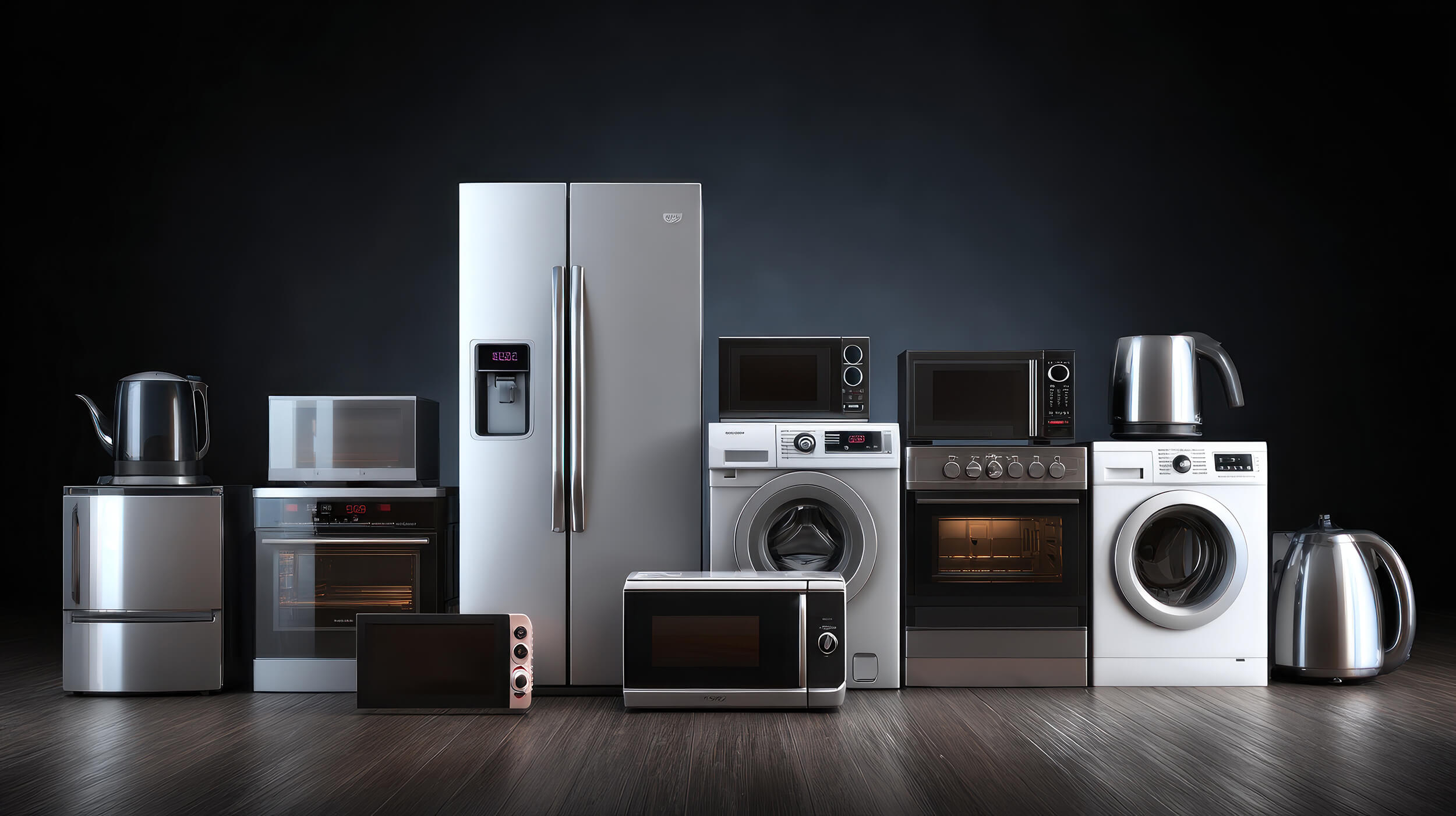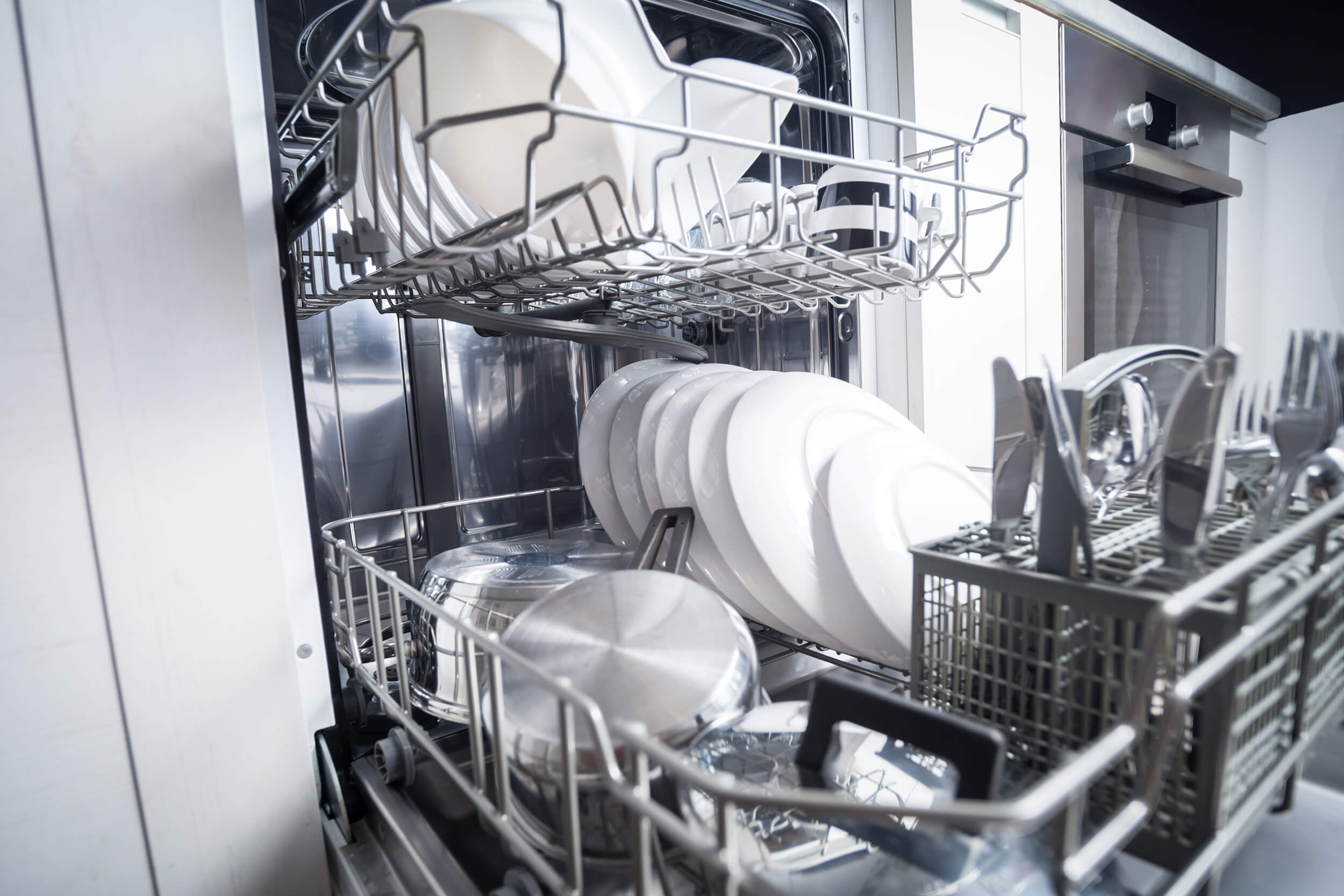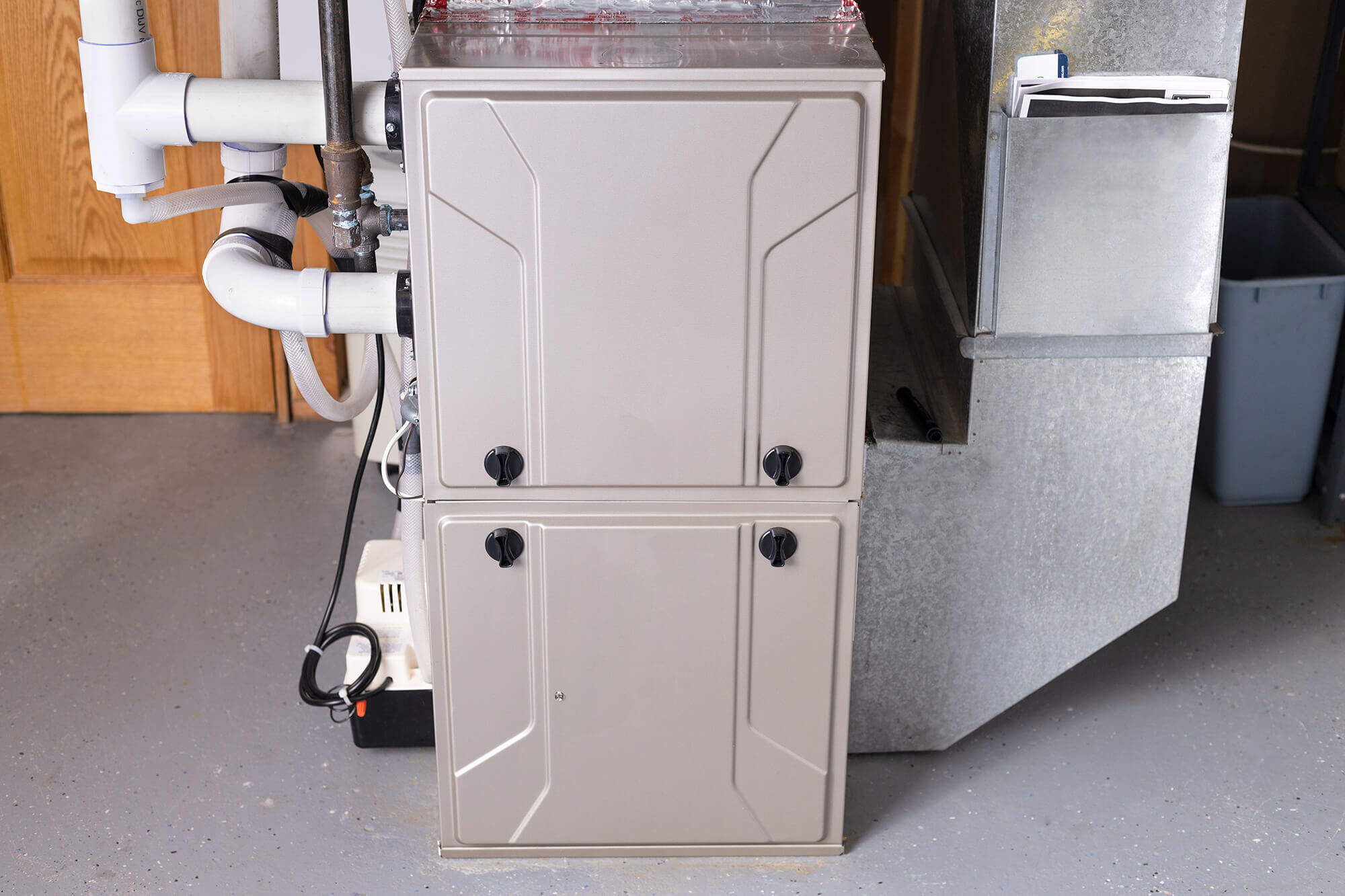Contact: Ben Somberg, 202-658-8129, bsomberg@aceee.org

Washington, DC—Households with radiator heating would see their energy bills reduced under proposed boiler efficiency standards, while restaurants, hotels, and other businesses are set to see lower bills from final commercial water heater standards—both announced today by the Department of Energy (DOE). DOE also finalized new standards for dedicated-purpose pool pump motors that would ensure that replacement motors are as efficient as those that are part of new pumps.
“The department is doing its job here catching up on standards it was supposed to update years ago. These steps are going to lower costs for households and businesses while helping reduce greenhouse gas emissions,” said Andrew deLaski, executive director of the Appliance Standards Awareness Project.
Residential boiler standards
Common in older housing in the Northeast and Midwest, boilers that provide hot water or steam are still often replaced with inefficient new models.
The proposed standards would require the most significant efficiency improvement for the most common type, gas-fired hot water boilers. While most of these models (which can use either natural gas or propane) already meet the proposed standards, others are far less efficient. A household replacing the least efficient model of this type today with one meeting the standards would reduce its energy use by 14% to do the same job and save $123 per year on average on utility bills.
“Running inefficient boilers can be a significant cost for people living in old houses and buildings,” said deLaski. “By ensuring boiler manufacturers use proven energy-saving technologies, the new standards would reduce households’ utility bills while cutting pollution that contributes to climate change. It’s particularly helpful for renters, who are disproportionately low-income and rarely get to choose their home’s heating equipment.”
The standards would effectively require all gas-fired hot water boilers to use “condensing” technology that wastes less heat up the flue. Many consumers today end up with the non-condensing models because that’s often what a landlord chooses—or because a homeowner had to make a quick decision when replacing a broken boiler in the winter. Boilers that use condensing technology are widespread in Europe, and the UK has required new boilers to use condensing technology since 2005.
The standards would make smaller efficiency improvements for oil-fired hot water and oil-fired steam models.
The boiler standards would reduce carbon dioxide emissions by 39 million metric tons over 30 years of sales, according to DOE.
DOE last updated efficiency standards for boilers in 2016. It was legally obligated to propose updated standards, if warranted, by last year.
Commercial water heater standards
Behind only space heating, water heating is the second-biggest use of gas in commercial buildings. It can be a substantial business expense, especially in the hospitality industry. Most gas-fired water heaters allow a significant amount of energy to go to waste as hot gases going up a flue. The final standards will effectively require new commercial gas water heaters to use widely available “condensing” technology that captures and uses some of this heat.
The standards, which will go into effect in 2026, will reduce annual operating costs by $149 million while cutting carbon dioxide emissions by 38 million metric tons over 30 years of sales, according to DOE.
“These standards will reduce businesses’ energy costs and meaningfully cut emissions that dirty our air and overheat the planet,” said deLaski. “The department last updated these standards two decades ago, so this is a long-overdue step that will ensure new commercial water heaters don’t use outdated, inefficient technology.”
The utility bill savings from the standards will far exceed the increased purchase costs. DOE estimates that an average business shifting from a commercial gas storage water heater minimally compliant with the current standards to one meeting the new standards will save almost $400 over the life of the water heater when considering both upfront costs and utility bill savings.
DOE last updated the energy efficiency standards for gas-fired commercial water heaters in 2001. It proposed but did not finalize new standards in 2016. It was legally required to finalize the standards by 2018.
Residential water heaters are covered under separate standards; the Biden administration recently proposed updated standards for those products.
###
The Appliance Standards Awareness Project (ASAP) advocates for appliance, equipment, and lighting standards that cut planet-warming emissions and other air pollution, save water, and reduce economic and environmental burdens for low- and moderate-income households. ASAP’s steering committee includes representatives from environmental and efficiency nonprofits, consumer groups, the utility sector, and state government.




